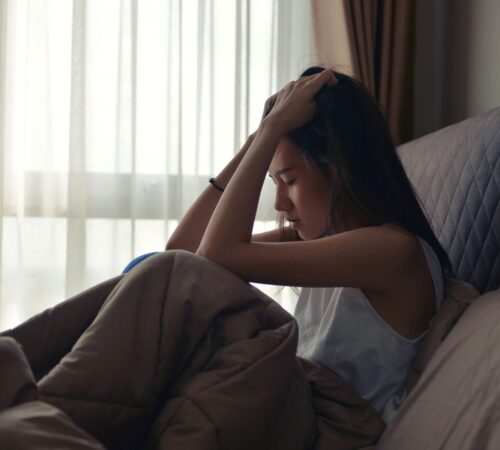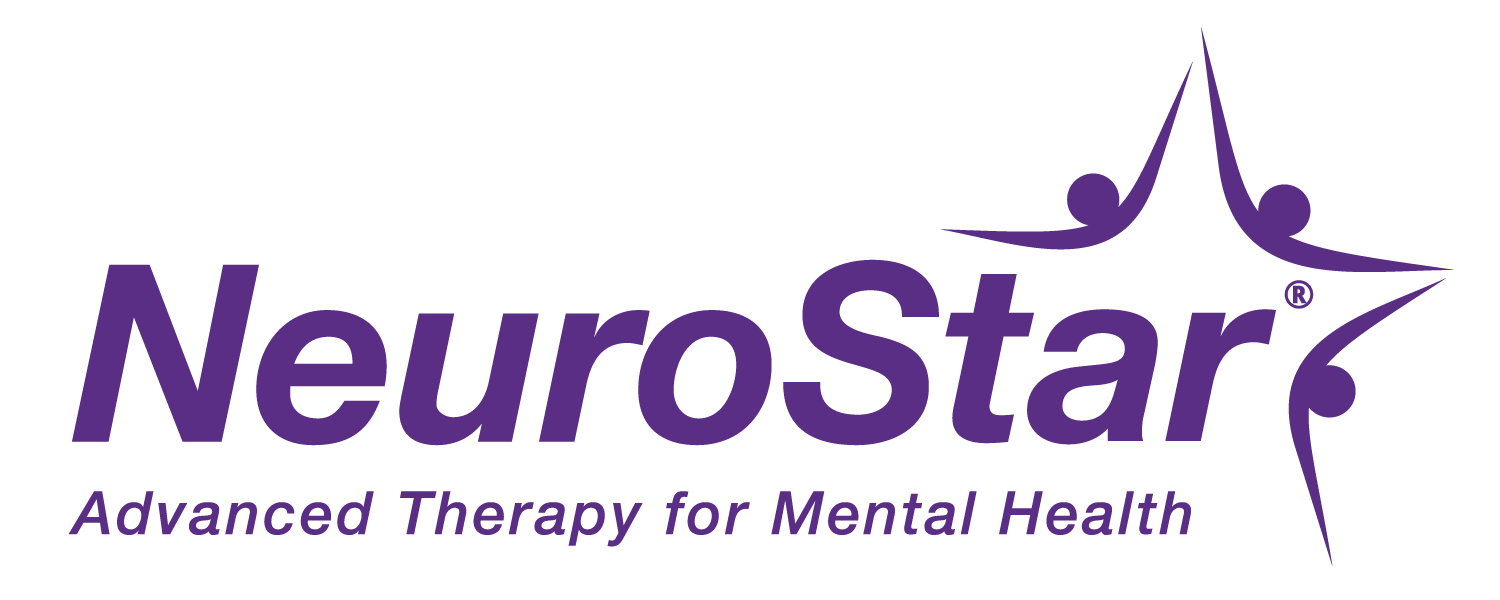
Depression
Depression is a serious mood disorder involving one or more episodes of intense psychological depression or loss of interest or pleasure that lasts two or more weeks and is accompanied by irritability, fatigue, poor concentration, sleep disturbances, weight gain or loss, feelings of worthlessness or guilt, and sometimes suicidal tendencies.
People experience depression in a variety of ways and it’s not uncommon to feel depressed after a difficult life event, such as the loss of a loved one or a severe illness. When depression lasts longer, becomes more intense and disrupts daily life, it becomes a clinical issue that requires attention and possible treatment.
Depression can affect physical health in a number of ways if left untreated including, but not limited to, sleep disruption, weight issues which could lead to heart disease or diabetes, pain or physical illness, substance use issues that could lead to abuse or addiction.
Mental health is obviously affected by depression and can lead to anxiety, panic disorders, social phobias or isolation. Family conflicts, relationship difficulties, and work or school problems can result as well; this can increase feelings of despair or worthlessness, possibly leading to self-harm, such as cutting or self-mutilation or attempted suicide. Understanding the cause of the depression can be key to effective treatment. Depression often begins in the teens, 20s or 30s, but it can happen at any age and with both women and men.

When to see a doctor
If you feel depressed, make an appointment to see your doctor or mental health professional as soon as you can. If you’re reluctant to seek treatment, talk to a friend or loved one, any health care professional, a faith leader, or someone else you trust.
When to get emergency help
If you think you may hurt yourself or attempt suicide, call 911 or your local emergency number immediately. Also consider these options if you’re having suicidal thoughts:
Call your doctor or mental health professional.
Call a suicide hotline number — in the U.S., call the National Suicide Prevention Lifeline at 1-800-273-TALK (1-800-273-8255). Use that same number and press “1” to reach the Veterans Crisis Line.
Reach out to a close friend or loved one.
Contact a minister, spiritual leader or someone else in your faith community.
If you have a loved one who is in danger of suicide or has made a suicide attempt, make sure someone stays with that person. Call 911 or your local emergency number immediately. Or, if you think you can do so safely, take the person to the nearest hospital emergency room.
Source: https://www.mayoclinic.org/diseases-conditions/depression/symptoms-causes/syc-20356007
Breaking the cycle of depression takes time and support. Treatment can involve therapy, individual and/or family, along with medication or on its own. Some people find it useful to maintain medication management separately, often after a period of therapy.
Clinical depression can feel overwhelming. You don’t have to face it or find solutions alone.

